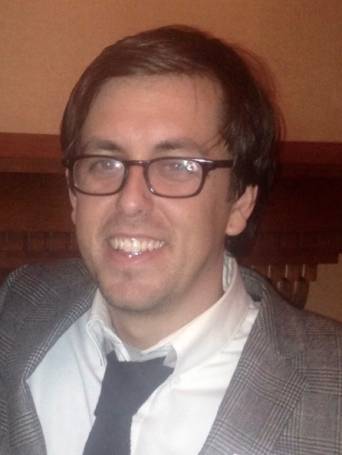Thom Blaylock
Clinical Professor of Public Service
105 East 17th Street
Room 355
New York, NY 10003
Room 355
New York, NY 10003

Thom Blaylock is a Clinical Professor of Public Policy at the Robert F. Wagner School of Public Service.
At Wagner, he teaches professional and public policy communications and is the Clinical Director of the Master of Science in Public Policy Program. Previously, he taught at the Mailman School of Public Health at Columbia University. Thom has worked as a writer, editor, and consultant.
Thom received his Bachelor’s from Rice University and a MFA from Columbia University’s School of the Arts.